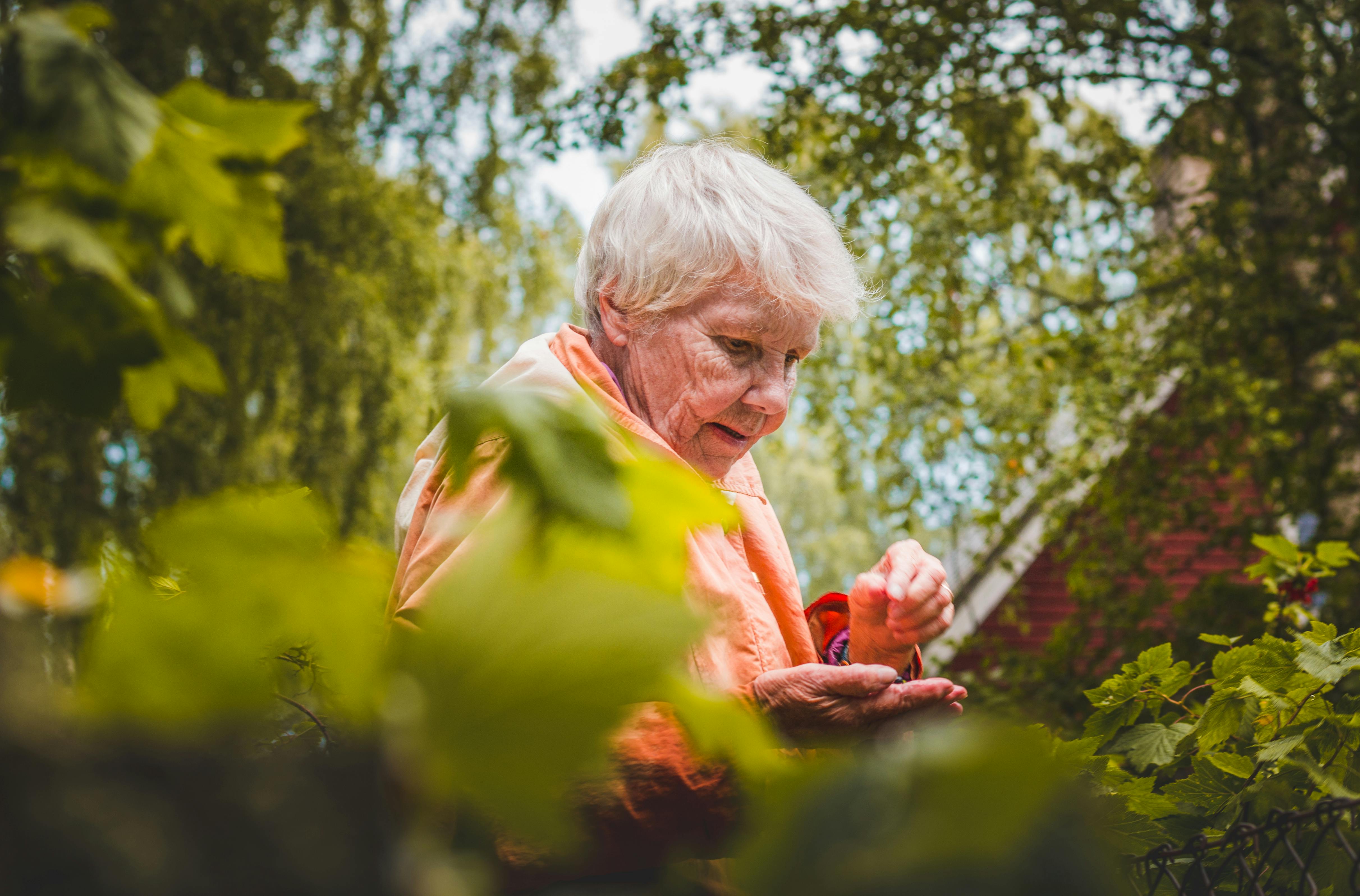Smart Ways to Enhance Your African Parrot Training in 2025

Effective Ways to Train Your African Parrot: Discover Expert Techniques for 2025
Understanding African Parrot Behavior for Effective Training
Before training your African parrot, it’s crucial to understand their natural behaviors. African parrots, especially the African grey parrot, are known for their intelligence and unique vocalizations. These birds exhibit behaviors such as social interaction, playfulness, and affection, making them delightful companions. However, their curiosity and energy levels mean they require structured training routines to thrive.
Recognizing the characteristics of different African parrot species can help tailor your training methods. For instance, understanding the social structure of your parrot's species can aid in improving their communication and social skills.

Training your parrot not only enhances their ability to communicate but also strengthens the bond between you and your feathered friend. As we explore training techniques, consider your parrot's unique personality and needs, which will play an essential role in crafting effective strategies.
Recognizing Social Behaviors
Social interaction is a fundamental aspect of African parrot behavior. These birds thrive in environments where they feel connected to their caregivers. Training sessions should incorporate socialization opportunities that promote trust and companionship. Observing your parrot's reactions can provide insights into their emotional needs and how to adjust your training methods.
African parrots often display vocalizations to communicate with their owners or companions. Encouraging them to mimic sounds or words can be an engaging training method. Utilizing positive reinforcement, such as treats and affection, helps in nurturing these vocal abilities.
Encouraging Playfulness in Training
Incorporating play into training routines can greatly enhance an African parrot's learning experience. Parrots are naturally playful, and using toys can keep them engaged. Experiment with various African parrot toys to find what captures their attention. Chewing, climbing, and interactive toys can also stimulate their minds and prevent boredom.
Through play, you can teach your parrot tricks while rewarding them with enjoyable experiences. Monitor their engagement levels and adapt your techniques to ensure they remain motivated. Play serves as both a bonding experience and an effective learning tool.
Setting Goals for Training Sessions
When beginning training, it's essential to set realistic goals. Focus on fundamental commands and gradually progress to more complex behaviors. For instance, start with "step up" commands before attempting to teach more intricate tricks. Short, frequent sessions of 5-10 minutes are ideal, as African parrots have short attention spans.
Documenting your training progress can provide valuable insights into your techniques' effectiveness, allowing for adjustments when necessary. Celebrate small achievements, reinforcing a positive training atmosphere that encourages exploration and learning.
Essential Training Techniques for African Parrots
Adopting effective training techniques is crucial in fostering a well-behaved and sociable African parrot. The method you choose should harmonize with your bird's personality and enable constructive interactions. Here are some established techniques used by experienced African parrot owners.
Positive Reinforcement Methods
Positive reinforcement is a widely recognized training technique that promotes desired behaviors through rewards. For African parrots, using their favorite treats can motivate them to follow commands. The goal is to encourage behaviors without resorting to negative stimuli.
When your parrot successfully performs a desired behavior, immediately reward them. Gentle praise and physical affection can reinforce these positive interactions. By consistently rewarding good behavior, you can effectively teach your parrot a variety of commands and tricks.
Clicker Training for Precision
Clicker training is another effective method for training African parrots. This technique employs a small device that makes a distinct sound when pressed, marking desired behaviors. After clicking, immediately reward your parrot with a treat or praise, creating an association between the behavior and the reward.
Clicker training promotes clarity for both the trainer and the parrot, helping to establish clear communication. As your parrot learns to associate the click with positive outcomes, they become more eager to participate and learn.
Routine and Consistency in Training
Consistency is crucial when training an African parrot. Establishing training routines helps your bird understand what to expect. This routine should include the timing of training sessions, the environment, and the commands you aim to teach.
Consistency extends to the words, tone, and gestures you use. By maintaining uniformity, your parrot will feel more secure and focused during training, leading to a more productive experience. Establishing a routine can enhance their overall learning and compliance.
Creating a Thriving Training Environment
The environment in which you train your African parrot plays a significant role in their learning. By setting up a conducive space, you can help facilitate effective training sessions.
Choosing the Right Location
Choose a quiet, low-distraction area for training, free from sudden loud noises or bustling activity that could divert their attention. A familiar environment helps your parrot feel relaxed and focused. Ensure the space is safe, secure, and free from potential hazards that may cause anxiety.
Incorporating Enrichment Activities
Integrating enrichment activities can support a more profound learning experience. Provide access to toys and puzzles that stimulate their minds during training breaks. Ensuring your parrot's environment is lively and interactive can prompt curiosity and encourage participation during training sessions.
Understanding the Role of Socialization
Socialization is vital for African parrots, who thrive on interaction. Incorporating family members or other animals into select training sessions can enhance the learning experience. Associating positive interactions with various people increases your parrot’s adaptability within a broader social context.

Q&A: Common Questions About African Parrot Training
What is the best age to start training an African parrot?
While training can begin at any age, younger birds are often more adaptable and eager to learn. Starting early allows you to build a strong foundation for commands and socialization that your parrot will continue to develop throughout their lifespan.
How long should training sessions be?
Shorter training sessions, typically between 5 to 10 minutes, are ideal. African parrots have short attention spans, so frequent, brief interactions keep them engaged and willing to learn without causing frustration.
What common mistakes should I avoid when training my African parrot?
One of the most common mistakes is inconsistency. Failing to stick to routines or using varied commands can confuse your bird. Additionally, avoid negative reinforcement, which could damage the trusting relationship you have with your parrot. Focusing on positive interactions is key to successful training.
How can I support my parrot's emotional health during training?
To support your parrot's emotional health, provide plenty of positive reinforcement, ensure they have ample social interaction, and be attentive to their reactions during training. Regular playtime and experiences outside of training can help reduce stress and enhance overall well-being.
What types of rewards work best for African parrots?
Different parrots may prefer different rewards. Experiment with various treats, such as fruits, nuts, or specialized parrot foods, to find what motivates your bird. Additionally, verbal praise and petting can serve as excellent non-food rewards that enhance bonding.